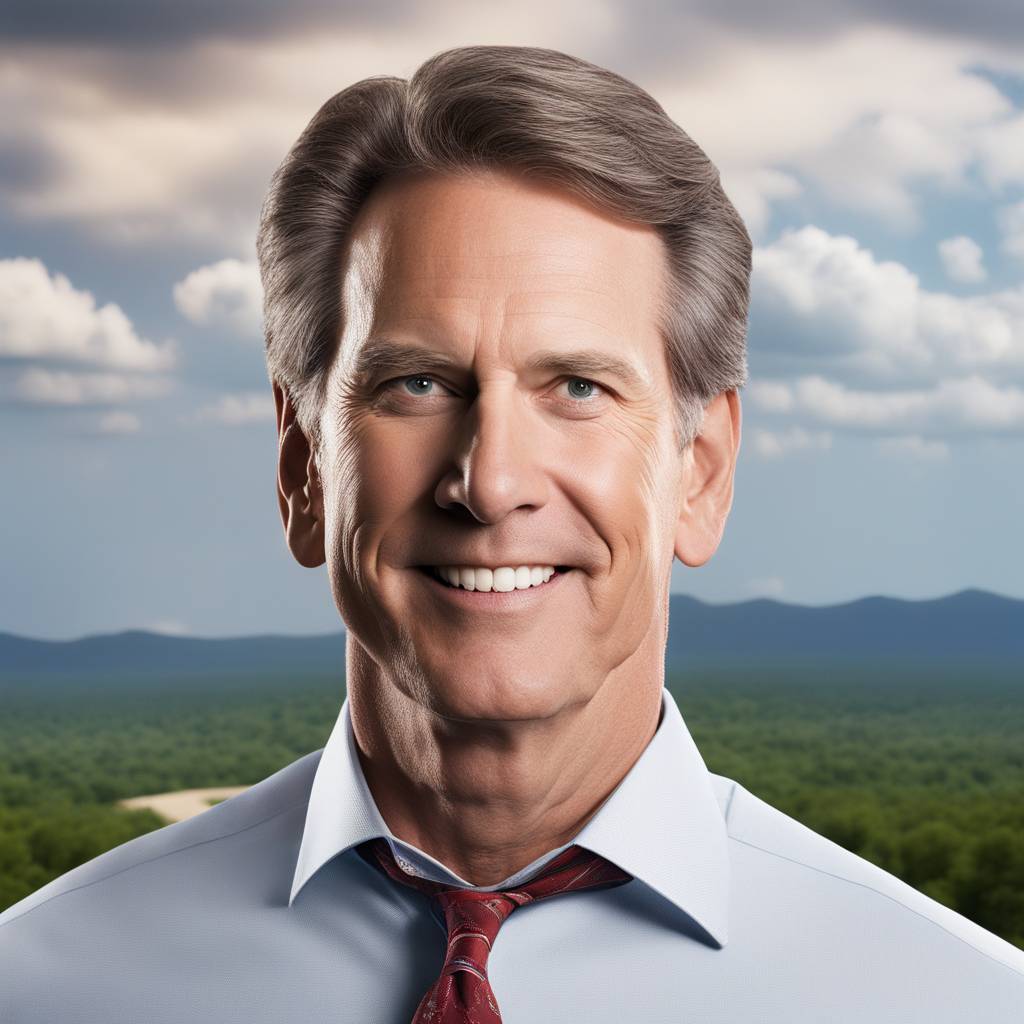Republican Utah Senate candidate Trent Staggs has been vocal in opposing progressive ideas related to environmental, social, and governance issues, known as ESG, during his campaign. Despite his strong stance against renewable energy policies, some are skeptical of his past involvement with an ESG-focused company. Staggs previously served on the board of Vivakor, a Dallas-based oil remediation services firm that aimed to combat climate change and promote clean energy technologies. While Staggs has criticized ESG movements and policies, his past work with a company that focused on ESG initiatives raises questions about his consistency on the issue.
As mayor of Riverton, Utah, Staggs has taken measures to push back against ESG within his own city. He authored a resolution that prevents Riverton City from collaborating with organizations that promote ESG principles. Staggs has emphasized his opposition to what he refers to as “damaging ‘woke’ policies like ESG” on his campaign website. Despite his efforts to distance himself from ESG, his past connections to Vivakor, a company with an ESG focus, have raised doubts about his commitment to opposing progressive environmental initiatives.
During his tenure on the board of Vivakor from September 2020 to January 2023, Staggs claims to have advocated for the acquisition of traditional oil and gas assets, going against the company’s ESG principles. He asserts that he was one of the few voices on the board actively fighting against ESG policies. Staggs believes that the imposition of ESG standards on public companies by financial markets can have detrimental effects. He has positioned himself as a champion in the fight against ESG practices, both in corporate settings and as an elected official.
The Republican primary race in Utah, where Staggs is a candidate, is highly competitive. Staggs is running against U.S. Rep. John Curtis, conservative lawyer Brent Hatch, and former Utah state Rep. Brad Wilson. However, Staggs currently trails in the polls conducted in January by Deseret News and the University of Utah Hinckley Institute of Politics. His stance against ESG policies, despite his past involvement with a company focused on ESG initiatives, could impact his standing among voters in the upcoming primary elections. Staggs will need to address concerns about his consistency and commitment to opposing progressive environmental strategies.
Staggs has defended his two-year stint with Vivakor as part of his broader fight against ESG policies in corporate settings. He claims that his experience with the company reinforced his belief in rejecting ESG standards and advocating for traditional energy industries like oil and gas. Staggs criticizes the influence of ESG on public companies, which he views as a harmful practice that must be resisted. Despite criticisms and doubts regarding his past work with an ESG-focused company, Staggs remains resolute in his opposition to progressive environmental, social, and governance initiatives as he continues his campaign for the Utah Senate seat.
The outcome of the Utah primary elections in late June will determine the Republican nominee for the Senate seat. While Staggs faces strong competition from other candidates, his messaging against ESG policies and his efforts to combat progressive environmental movements may resonate with conservative voters in the state. However, Staggs will need to navigate the complexities of his past involvement with Vivakor, a company with an ESG focus, as he seeks to establish his credibility as a staunch opponent of progressive environmental and social policies in the upcoming primary race.


